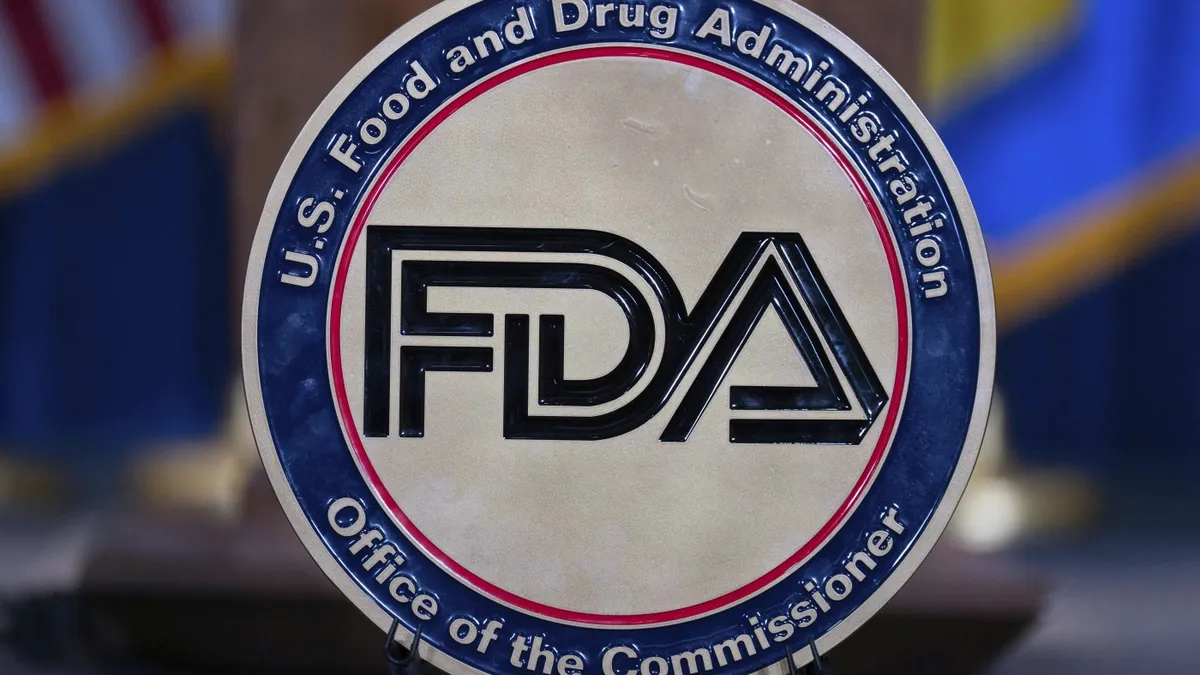
In a significant regulatory development, federal officials have approved another generic version of the abortion pill mifepristone. This approval, a routine procedure, has quickly drawn criticism from anti-abortion groups and politicians associated with the Trump administration. The drug manufacturer, Evita Solutions, announced on its website that the Food and Drug Administration (FDA) has officially signed off on its affordable version of the pill, which is designed for use within the first 10 weeks of pregnancy.
Students for Life Action, an organization that opposes abortion, issued a statement on Thursday condemning the approval as a "stain on the Trump presidency." They labeled it another indication that the "deep state" within the FDA needs to be dismantled. Republican Senator Josh Hawley from Missouri also expressed his discontent on the social media platform X, stating that he has "lost confidence in the leadership at the FDA" following this decision.
A spokesperson for the FDA responded to the criticism, clarifying that the agency has limited discretion when it comes to approving generic drugs. They emphasized that FDA officials do not endorse any specific product. This backlash comes amidst increasing pressure from abortion opponents for the Trump administration's health officials, including Health Secretary Robert F. Kennedy Jr., to reassess mifepristone, a drug that has been approved for 25 years and has consistently been validated as safe and effective by FDA scientists.
In a letter to Republican attorneys general last month, both Kennedy and FDA Commissioner Dr. Marty Makary committed to a thorough review of the drug's safety. Under their leadership, the FDA has faced scrutiny for delays in vaccine decisions, with this year’s COVID-19 shots receiving narrowed approval terms—a situation that was previously uncommon at the FDA, where decisions are typically made by career scientists.
The FDA originally approved mifepristone in 2000 and has since gradually relaxed access to the drug. This included the approval of the first generic version from GenBioPro in 2019. In 2021, the FDA, under the Biden administration, allowed for online prescriptions and mail-order deliveries of mifepristone, significantly broadening its accessibility. Since then, abortion opponents have actively fought against these changes.
Generally, the approval of generic drugs at the FDA is a straightforward process. Multiple generic versions are usually authorized once the original drug's patent expires. Typically, generic drug manufacturers are only required to demonstrate that their product matches the ingredients and formulation of the original medication. "This is exactly how our system is supposed to work, and it has worked this way for decades," said Mini Timmaraju of Reproductive Freedom for All. She praised the career scientists and civil servants at the FDA for performing their duties effectively.
While the FDA usually processes such applications within a ten-month timeframe, documents on the agency's website indicate that Evita Solutions submitted its application to market mifepristone four years ago. According to Evita, the company believes that everyone should have access to safe, affordable, high-quality, effective, and compassionate abortion care. They announced that the drug is projected to launch in January of next year.
The approval of a second generic version of mifepristone is not expected to significantly change access to the pill, which is usually taken in conjunction with another medication, misoprostol. Together, these two drugs account for approximately two-thirds of all abortions in the United States. Mifepristone works by dilating the cervix and blocking the hormone progesterone, while misoprostol induces uterine contractions.
Access to mifepristone remains limited in many areas of the country due to state laws that either prohibit abortion— including medication abortion—or impose specific restrictions on the drug's application. Numerous ongoing lawsuits are currently challenging these laws as they navigate through the legal system. It's worth noting that restrictions on mifepristone are not supported by most major medical organizations, including the American Medical Association.